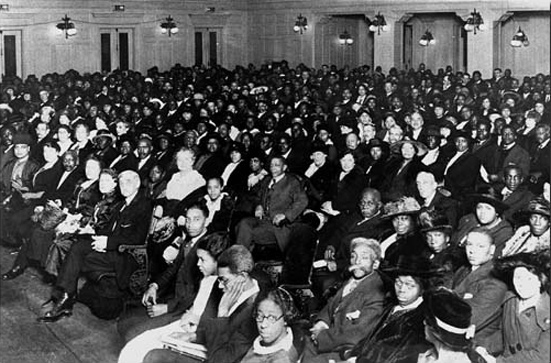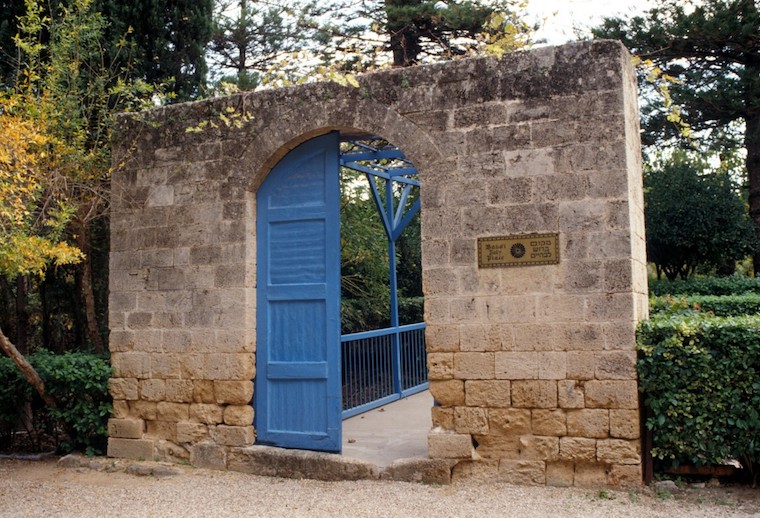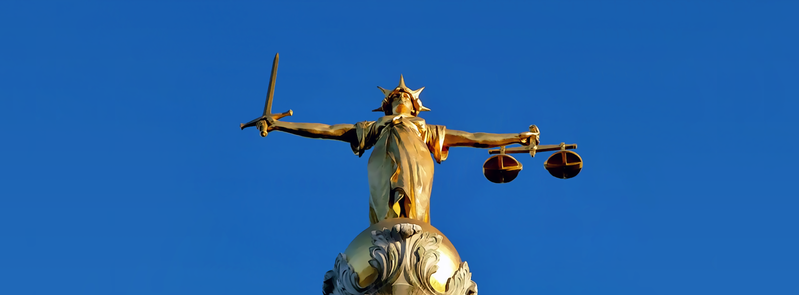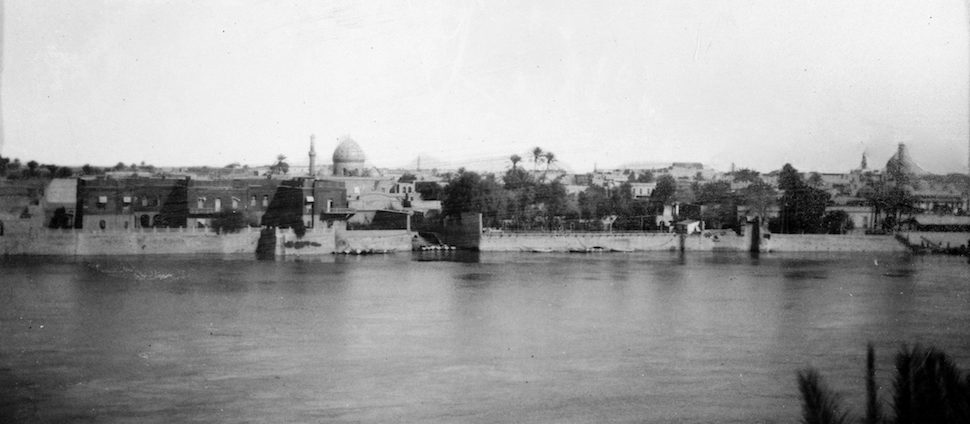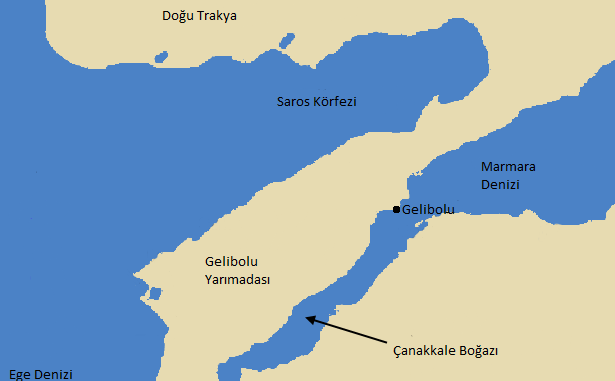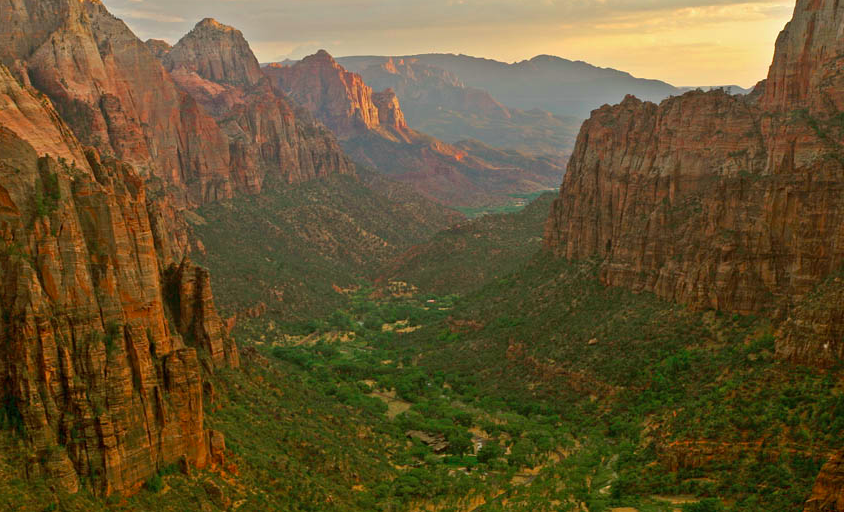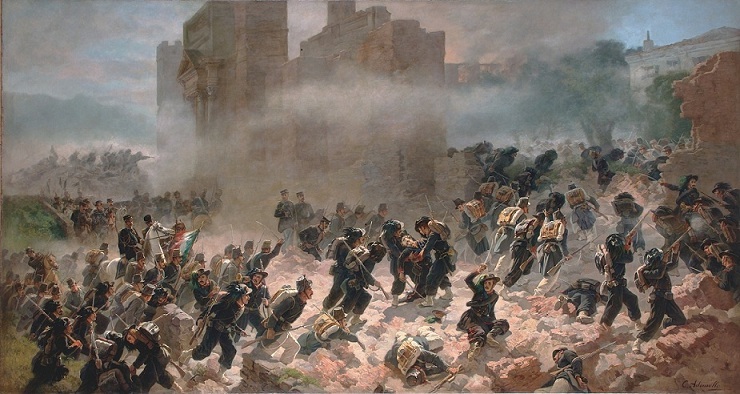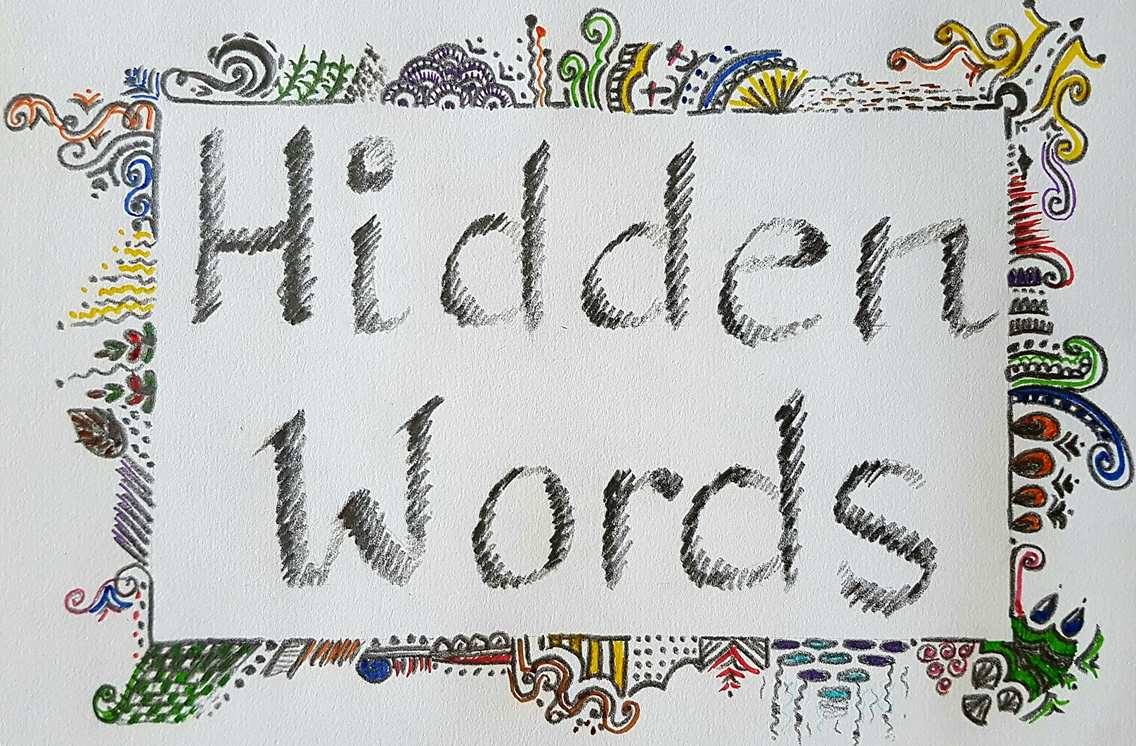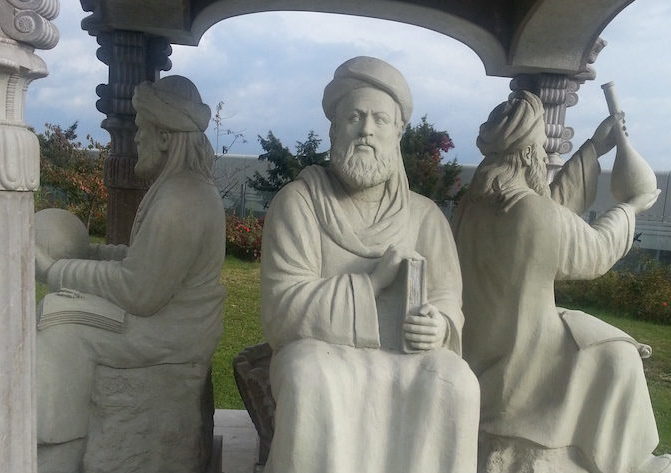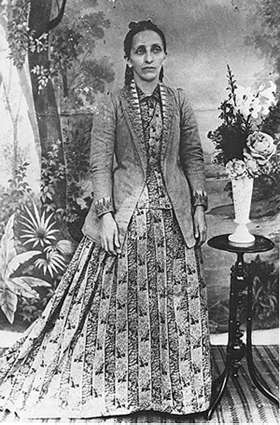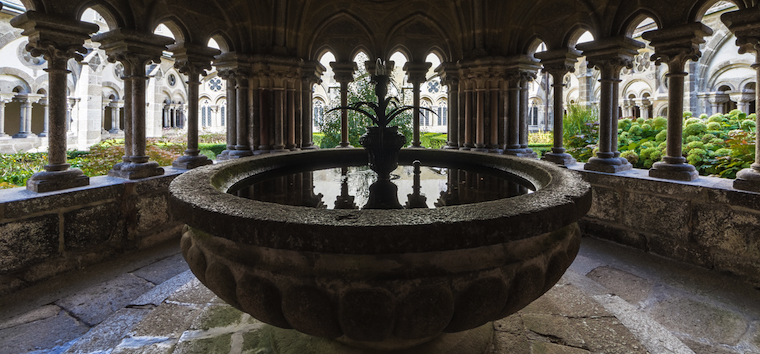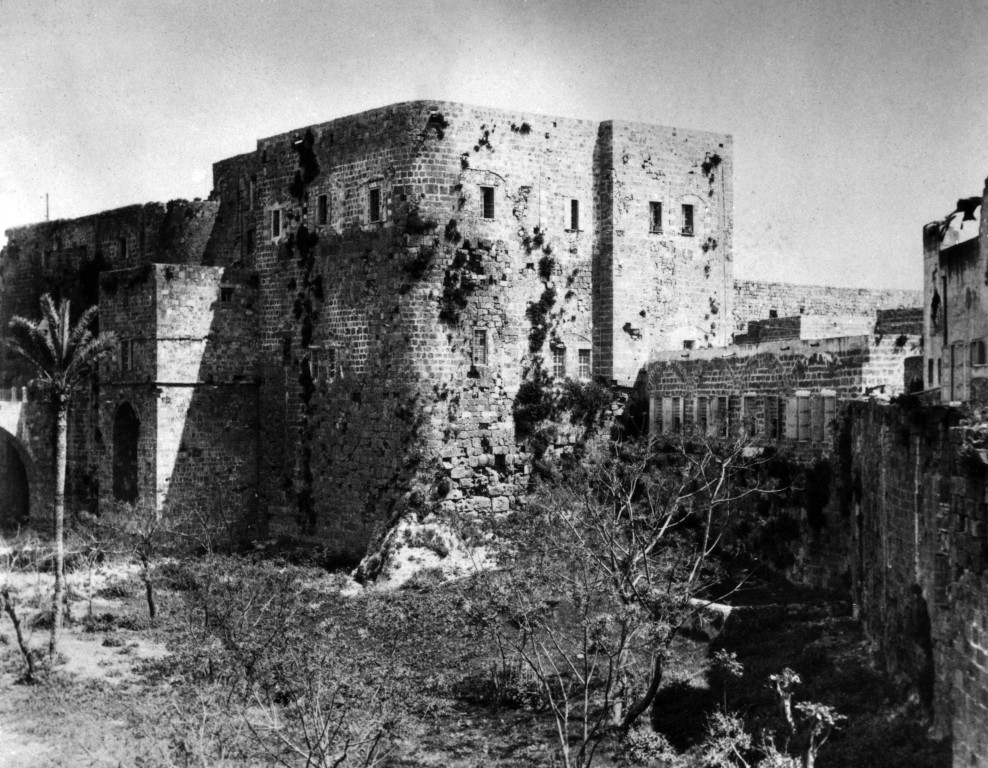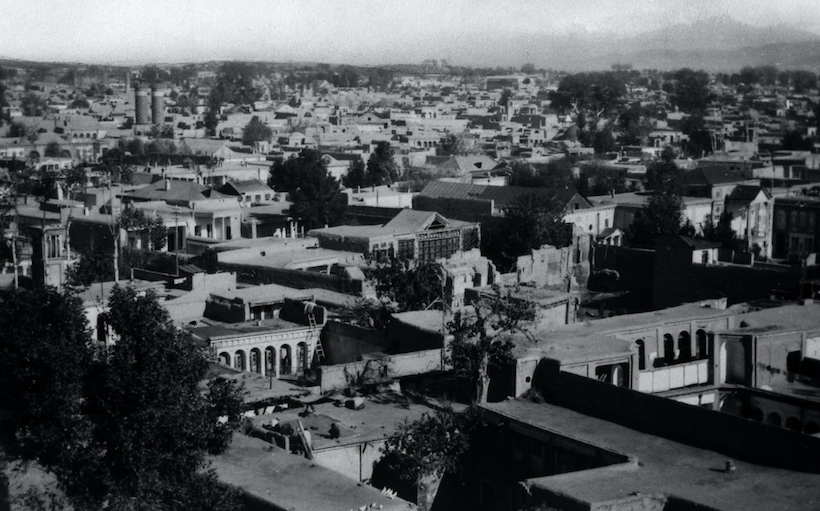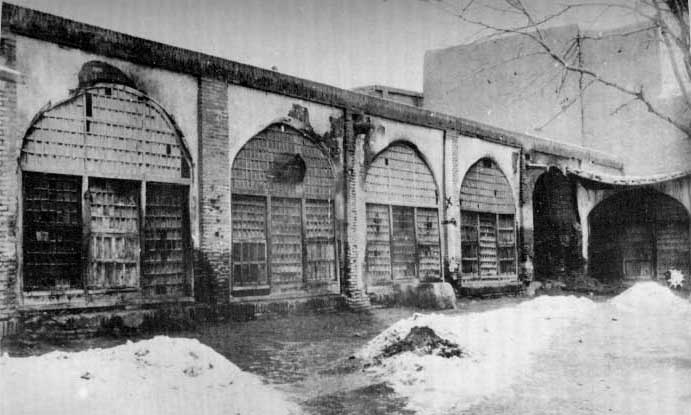-
The House the Prince Wanted to Build
After Bahá’u’lláh had returned to Baghdad from his two years of withdrawal to the mountains of Kurdistan, he lived in a house close to the western bank of the Tigris River. This was the period when increasingly the Babi community began to turn to Bahá’u’lláh. Although he had not announced his mission, his writings and presence attracted the remnants of the followers of the Bab to him. During this period Bahá’u’lláh wrote works such as the Hidden Words and the Book of Certitude. The home where Bahá’u’lláh lived, a modest dwelling: become the focal center of a great number of seekers, visitors and pilgrims, including Kurds, Persians, Arabs and Turks, and … from…
-
The Miracle of Baghdad
If we look in the Gospels or in the Quran we find ample evidence of the opposition of the religious hierarchies of the day to Jesus and Muhammad respectively. Again it was so in Bahá’u’lláh’s day. As we have seen before it is a tragic pattern of history that when the truth of a new prophet comes – very few are able to recognise it and those most concerned with religion are the most determined to “put out the light”. In Baghdad, some of the religious scholars (ulama) were continually agitating to cause some harm to Bahá’u’lláh. At one point they threatened jihad, at another they pressed upon the Governor…
-
Mystic Gems – the Hidden Words of Bahá’u’lláh
Among the most well-known works of Bahá’u’lláh are the Hidden Words. They are written in brief “gem-like utterances”,[1] 71 in Arabic and 82 in Persian. They are at once of crystalline clarity and yet impenetrable in their allusion to a spiritual reality beyond our day-to-day experience. The Hidden Words are among the works which Bahá’u’lláh wrote in the voice of the “truth-seeker and mystic”.[2] They were written in 1857–58 and were the fruit of Bahá’u’lláh’s meditations while walking the banks of the Tigris River in Baghdad. Bahá’u’lláh introduces them as follows: This is that which hath descended from the Realm of Glory, uttered by the tongue of power and might, and revealed unto the…
-
A Mountain of Roses: The Ridvan Festival
The second exile of Bahá’u’lláh by the Sultan of the Ottoman Empire, this time from Baghdad to Constantinople, is not remembered as a time of sorrow. It is remembered as a time of joy. For this time, in April 1863, marks the time when Bahá’u’lláh declared his mission to his closest friends and followers. For nearly 10 years, Bahá’u’lláh had restored the remnant followers of the Bab in Baghdad. He was a figure to which the community had naturally turned. As his fame grew, an increasing stream of visitors had come to his door, some travelling from Persia, including some high-ranking members of the Persian court. Writings such as the Hidden Words, the…
-
An Outline of Bahá’u’lláh’s Life
The bare facts of anyone’s life don’t do it justice. Yet they help us put the many complex pieces of the puzzle together and foster understanding. In this series we have dived straight in: exploring concepts, events and writings. Here we will step back and think about the outlines of Bahá’u’lláh’s life. There are two tools that I would like to use for this purpose. One is to refer you to the beautiful pictorial display of Bahá’u’lláh’s life maintained by the Baha’i International Community at bahaullah.org. There you will find a brief chronology, images associated with Bahá’u’lláh’s life and a narrative of key events. The second tool I will use is to adopt ‘Abdu’l-Bahá’s…

